LENS Arts, Humanities and Social Sciences
100 Years
Educating Social Workers at the Jack, Joseph and Morton Mandel School of Applied Social Sciences
 PHOTO: UNIVERSITY ARCHIVES
PHOTO: UNIVERSITY ARCHIVESThe houses on Adelbert Road that were the school's original home.
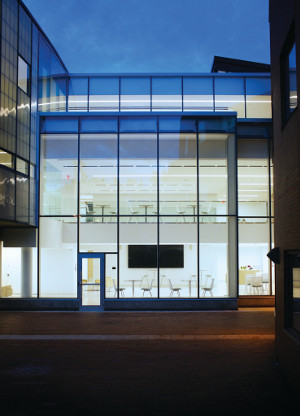 PHOTO: MICHAEL F. McELROY
PHOTO: MICHAEL F. McELROYThree floors of new common areas designed for students, faculty, staff and community members to connect, learn and collaborate.
In 1913, 18 philanthropic organizations petitioned the Western Reserve University trustees to establish the first university-affiliated professional graduate school of social work in the United States.
Cleveland had deep needs—and the potential to plow new academic ground and help change the way social problems were addressed. The petitioners believed that the university—more than any other academic institution between New York City and Chicago—had the talent across disciplines and "the necessary standing and prestige to attract properly prepared students to sociologic courses carrying university credits and leading to degrees."
The university trustees voted yes and, in 1916, the School of Applied Social Sciences opened its doors for classes. A century later, the school—now the Jack, Joseph and Morton Mandel School of Applied Social Sciences at Case Western Reserve—remains an international leader.
March of Time
In the Vanguard for Decades
1915 School founded as first university-affiliated professional school of social work in America.
1916 First academic year begins with 21 faculty and 35 students. What's now the Lillian & Milford Harris Library also founded. It's the nation's oldest social work library.
1923 Nation's first university training course in group service social work offered.
1951 Moved into Beaumont Hall, the school's first dedicated building.
1952 Doctoral program founded, one of the first social-welfare PhD programs in the nation.
1984 Nonprofit management master's program founded, one of first two offered in the U.S.
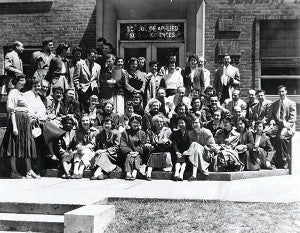 PHOTO: UNIVERSITY ARCHIVES
PHOTO: UNIVERSITY ARCHIVES
1988 Renamed the Mandel School of Applied Social Sciences, upon receiving a naming gift from the Mandel Foundation.
1991 Moved into the Mandel School building on the corner of Ford Drive and Bellflower Road, the school's current home.
2013 Online social work master's program launched, Case Western Reserve's first online program and the nation's first top 10 social work school to offer an online social work master's program; social work minor offered to university undergraduates; school is renamed the Jack, Joseph and Morton Mandel School of Applied Social Sciences, upon receiving another major gift from the Mandel Foundation.
 PHOTO: MICHAEL F. McELROY
PHOTO: MICHAEL F. McELROY
2016 School completed a $9.2 million makeover that includes technological upgrades and the addition of 3,700 square feet; social work master's program ranked No. 9 in the country and No. 1 in Ohio by U.S. News & World Report.
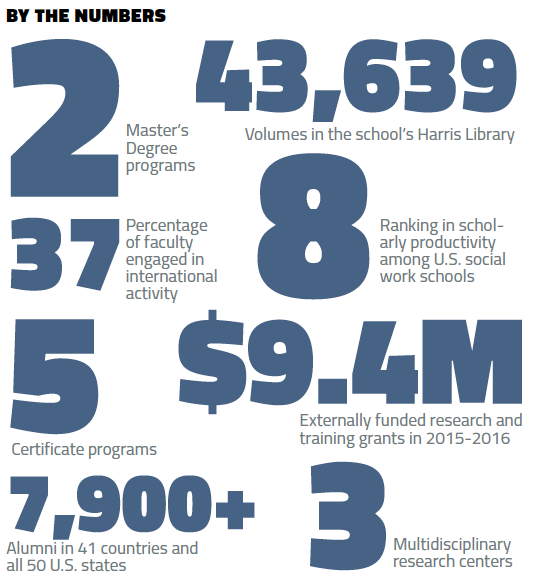
IMPACTFUL FACULTY AND ALUMNI
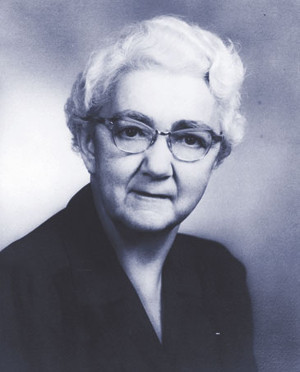
Grace Longwell Coyle
GRACE LONGWELL COYLE (1892-1962), PHD, was on the faculty when she published her groundbreaking book, Studies in Group Behavior, in 1937. Nearly 80 years later, her landmark contributions on the importance of groups and the social environment remain a cornerstone of field practice nationwide.
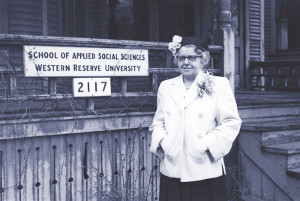
Margaret H. Johnson
MARGARET H. JOHNSON (1893-1976) (FSM '16, SAS '19) was one of school's first graduates, helped form its first alumni association in the 1930s, served as dean (1950-1958) and served as chair of the American Association of Social Workers.
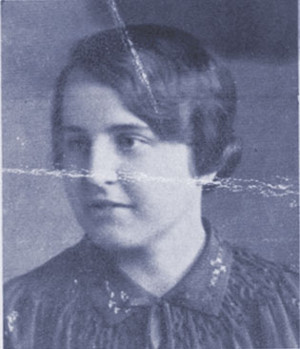
Dorothea Spellman
DOROTHEA SPELLMAN (1907-1979) (SAS '54) helped establish the American Civil Liberties Union and the Social Services Employees Union. She was a pioneer in the National Association of Social Workers (NASW) and was active in the civil rights movement.
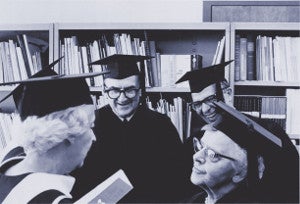
Joseph P. Anderson
JOSEPH P. ANDERSON (1910-1979) (SAS '32; HON '66) was a founder of NASW and the Council on Social Work Education, the two major social work organizations in the United States. He also pressed successfully for the inclusion of social welfare policies in the United Nations' charter.
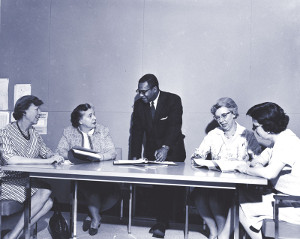
John Turner
JOHN TURNER (1922-2009), PHD (SAS '48, '59) was a faculty member, school dean (1968-1973) and prolific writer who helped broaden the social work profession nationally and internationally. Among his contributions: He was editor-in-chief of the 1977 edition of the two-volume Encyclopedia of Social Work. He was one of the first African-American deans of a major school of social work.
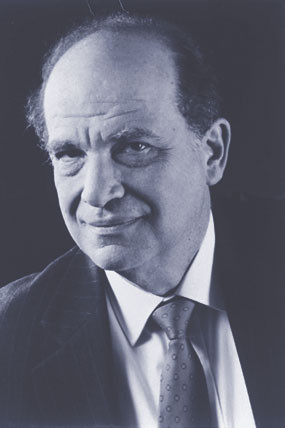
Arthur J. Naparstek
ARTHUR J. NAPARSTEK (1938-2004), PHD served as the school's dean (1983-1988) and later returned to full-time faculty work. His community-building concepts served as the basis for local and national government programs in both the United States and Israel. U.S. Sen. Barbara Mikulski of Maryland once called him "one of our most imaginative public policy thinkers."
PHOTOS COURTESY UNIVERSITY ARCHIVES





